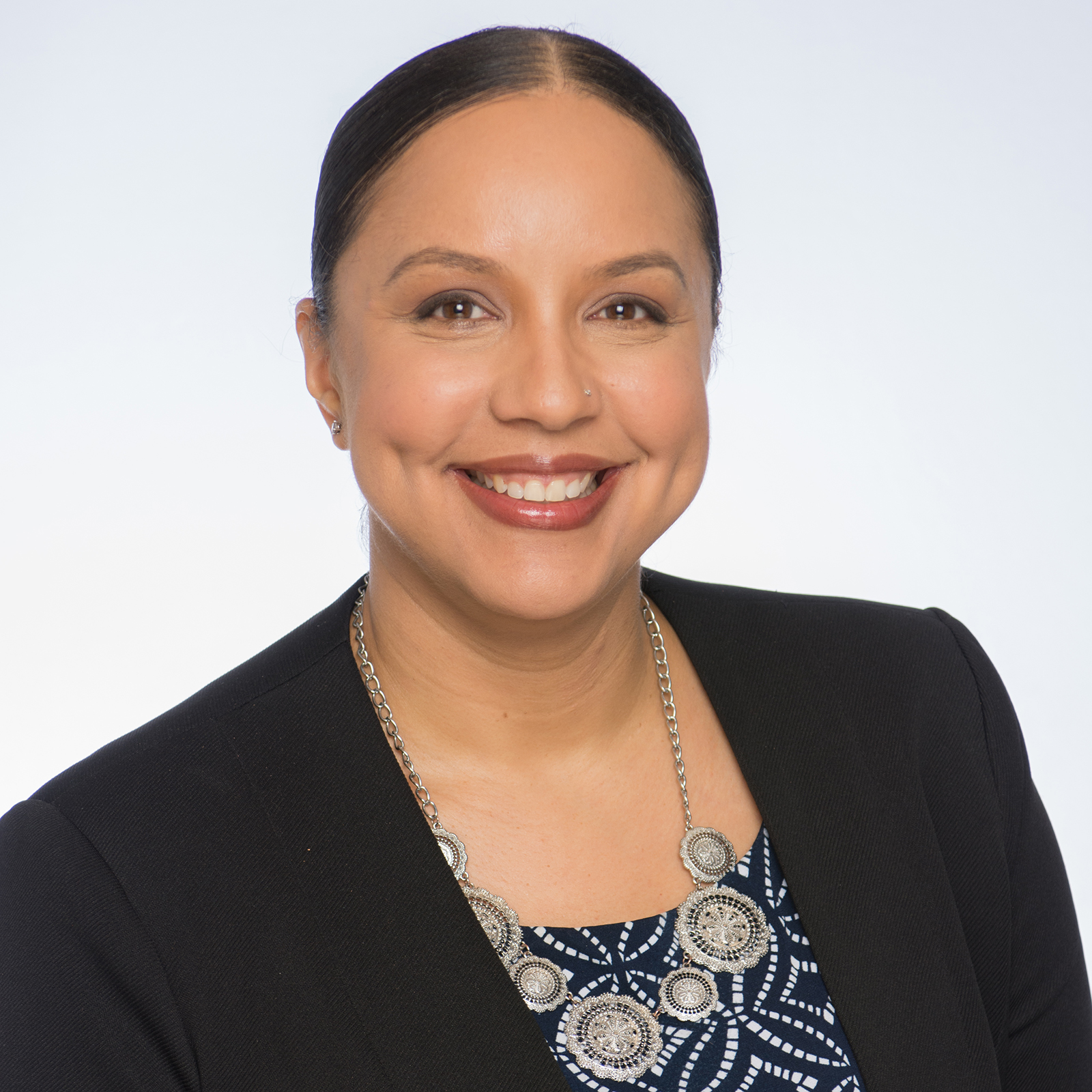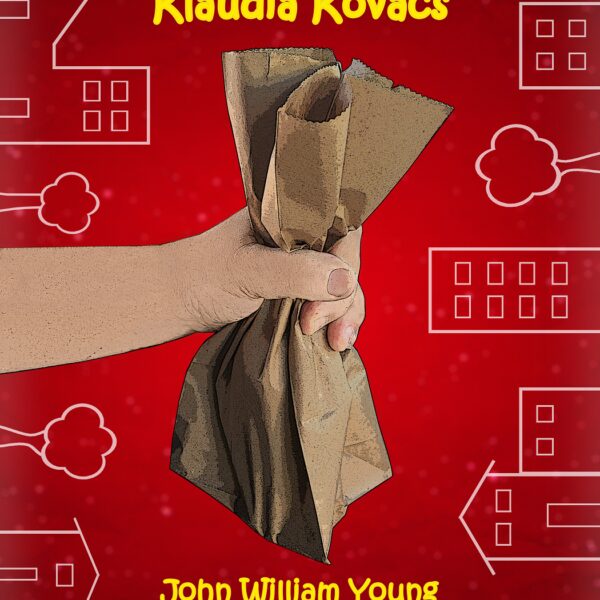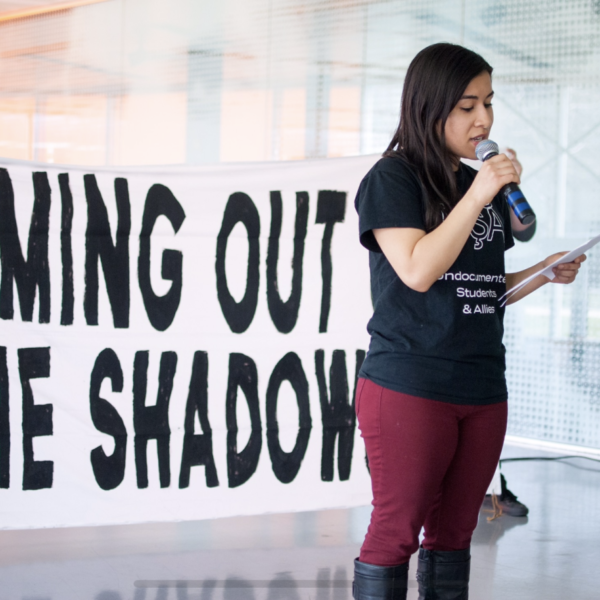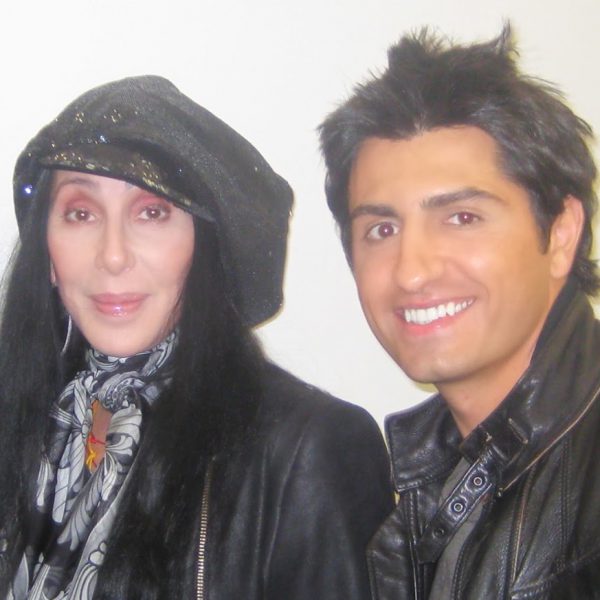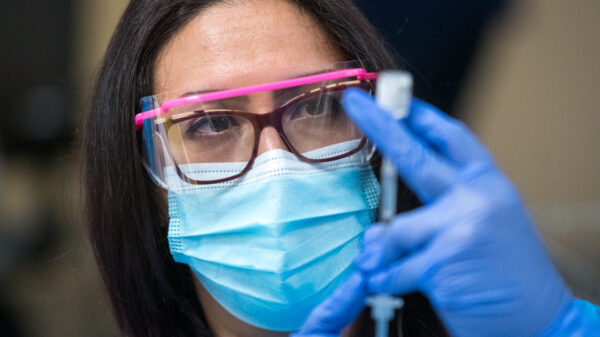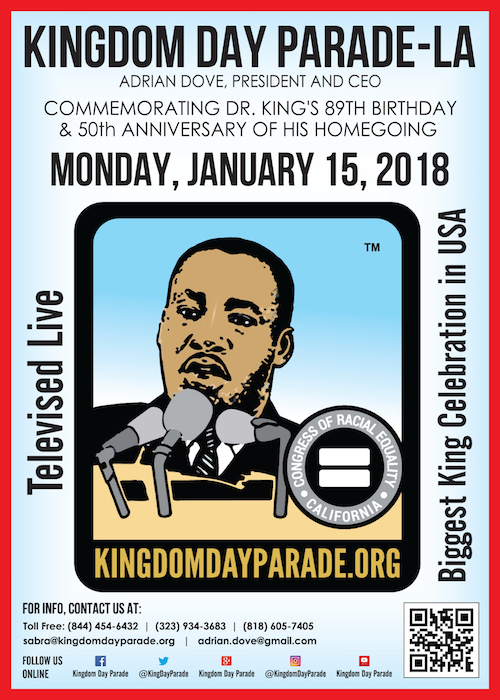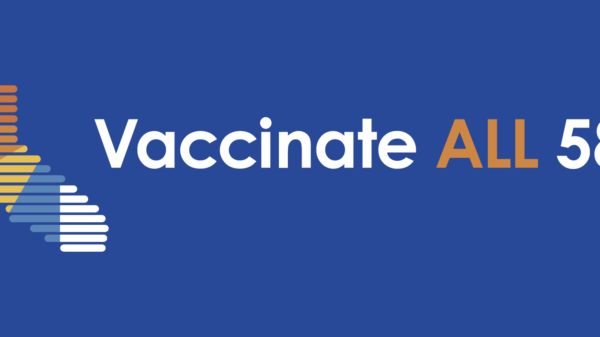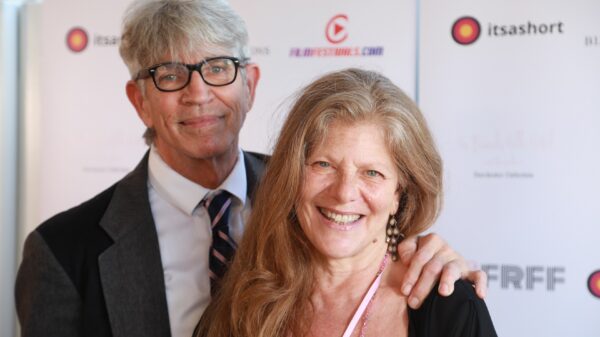We can all agree on one thing regardless of our core beliefs and values; the COVID 19 pandemic has heavily hit the US disproportionately on racial and economic lines. Is “herd-immunity” the golden fix for returning to living life as we know it? Pinning our hopes on this may be living in a fantasy because even if the United States reaches the elusive “herd-immunity,” which is not a given due to vaccine resistance, many communities face crises exacerbated by the pandemic – health care and educational disparities, lack of affordable housing, racism, police abuse, loss of jobs. At a zoom conference for ethnic media outlets hosted by Ethnic Media Services, experts Professor Manuel Pastor and Leslie Johnson, Vice President of Organizational Development at Community Coalition, in South Los Angeles shared their vision for healing post-pandemic and what will be required to close the growing inequity gaps separating low-income communities of color from the rest of America.
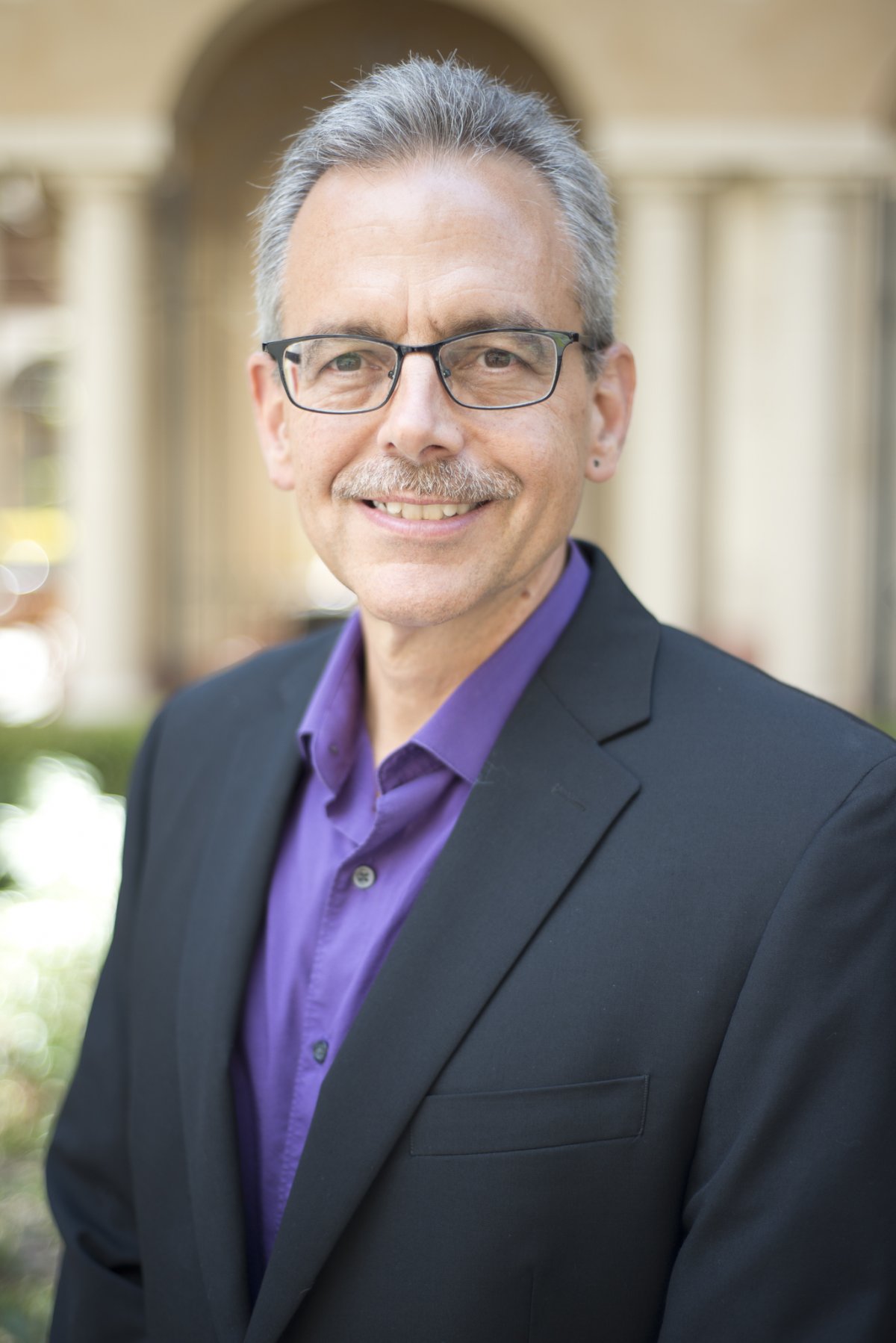 Manuel Pastor, Distinguished Professor of Sociology and American Studies & Ethnicity and Turpanjian Chair in Civil Society and Social Change, University of Southern California shared his thoughts on the way forward post-pandemic. While revisiting his stance last summer he lamented the effects on communities of color. Asians, blacks, Latinos have been affected most in the state of California.
Manuel Pastor, Distinguished Professor of Sociology and American Studies & Ethnicity and Turpanjian Chair in Civil Society and Social Change, University of Southern California shared his thoughts on the way forward post-pandemic. While revisiting his stance last summer he lamented the effects on communities of color. Asians, blacks, Latinos have been affected most in the state of California.
The vaccine roll-out is one of the areas where the inequities have been very visible especially because while white and older people have been advantaged the most communities of color have suffered from a racial divide due to lack of means to get to vaccination sites, and in some cases being on the wrong side of employment quality or transit independence. Recently however there has been a pivot to accommodate these communities. The installation of community and mobile clinics and trusted community liaisons have been effective in mobilizing people to get the vaccine. Vaccine inequity for three to four months is important as it has consequences on our low-income communities. To solve this problem we should be pre-positioning all the elements necessary to help the less privileged. The economy after the pandemic is sharp as there is loss of income, independence, and job readiness is going to be sharp.
Federal relief funds are also a source of anxiety as some affected immigrants are afraid of repercussions on their status. Education has been affected as well due to a lack of resources at home leading to a massive loss of learning. Educational resources need to be pre-positioned and kids in pre-k need lots of resources.
Health has taken a beating as well as long haulers and where there has been distrust will cause a lot of health problems.
Mental health is also a major area of concern. For communities and families affected by the loss of a family member, loss of job security, the need to stay healthy there is a sense of betrayal by the government. There has been incredible suffering from feeling left out. The stigma of trauma or the idea of being tough is very much part of immigrant culture and so resources are needed to build them up. We need to think months ahead and tell completely uplifting stories that will compel public action in our communities.
Leslie Johnson, Vice President of Organizational Development at Community Coalition, in South Los Angeles explained the role racism plays in this pandemic equation. Racism she said is the true pandemic that has been made worse by the COVID-19 pandemic and we must pay attention to systemic racism. Her organization was founded by Congresswoman Karen Bass to solve challenges in South LA in the wake of the crack cocaine epidemic. A multi-generational organization they are community organizers versus service delivery and policy advocacy. The community of South LA is black and brown and so the work on creating racial equity.
COVID-19 has had deep effects spreading rapidly due to pre-existing conditions such as overcrowding and unemployment. The virus has exacerbated deep problems such as lack of education and homelessness. It has also had a devastating impact on physical, financial, and mental health.
To address these problems some of the responses:
- Mutual Aid: Providing PPE, Meals for seniors, rent, utility payments, technology i.e wifi, hardware, etc
- Vaccinations: Addressing:
- inequitable distribution
- vaccine chasers/colonizers
- vaccine resistance
In regards to access to vaccinations, with the assistance of County Supervisor Holly Mitchell, they came up with an appointment system to facilitate signing up to get appointments. This was important because vaccine chasers, people from other places especially white people were taking the vaccines meant for the low-income communities. For that reason, the link to register was not expanded too widely to contain distribution to black and brown people in the community. Now there is a significant decrease and resistance. Trusted messengers are deployed to encourage them to get vaccinated.
- Make Los Angeles whole by partnering and engaging the following:
- Family Care for all
- Racial Justice Equity Fund for women
- Housing security
- Youth Employment OPPS
- Guaranteed Basic Income
- Community Driven Safety Fund
- COVID-19 Communities of Color Needs Assessment.: they got a survey from black and brown people to assess the needs of the people to drive a campaign moving forward.

